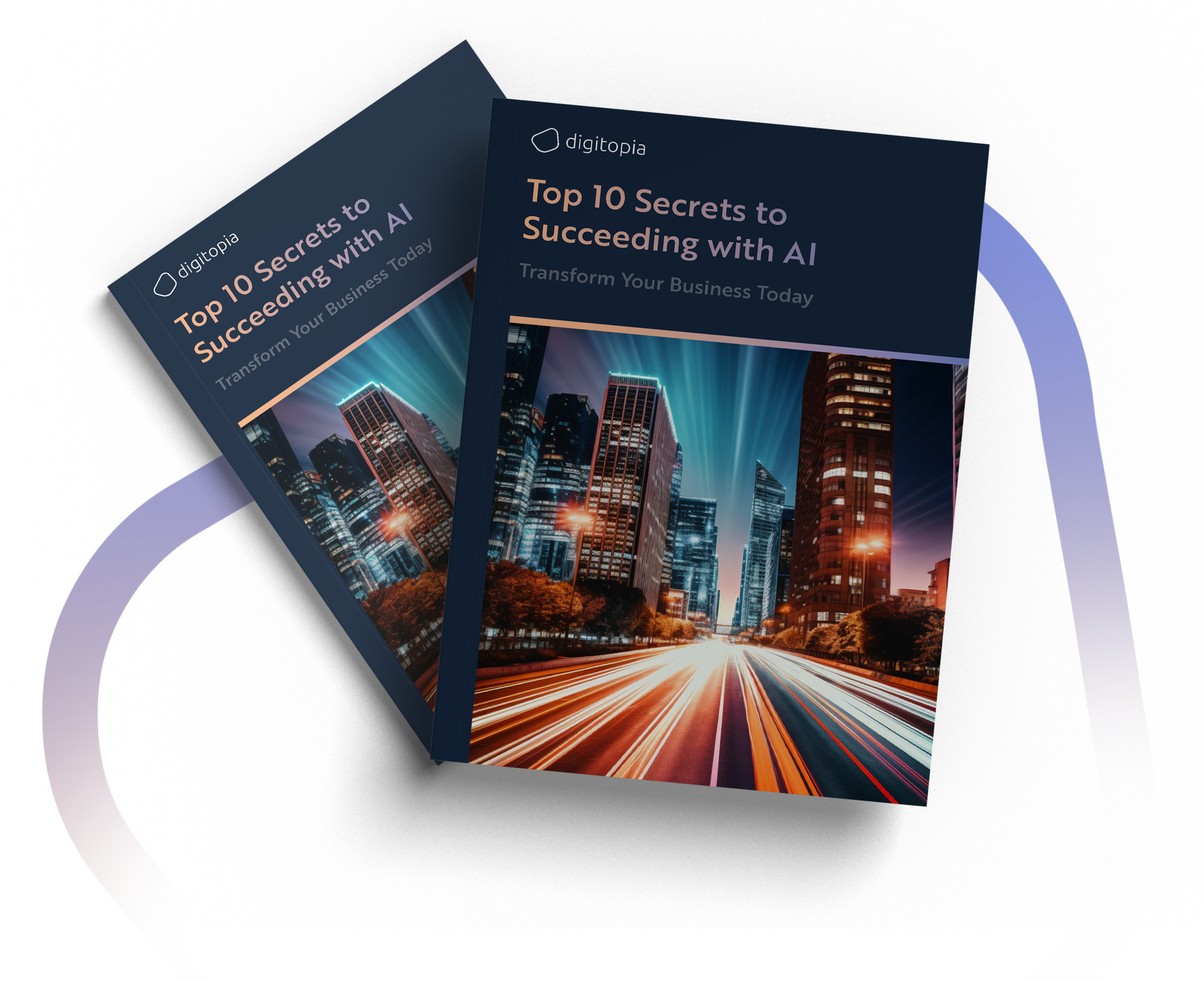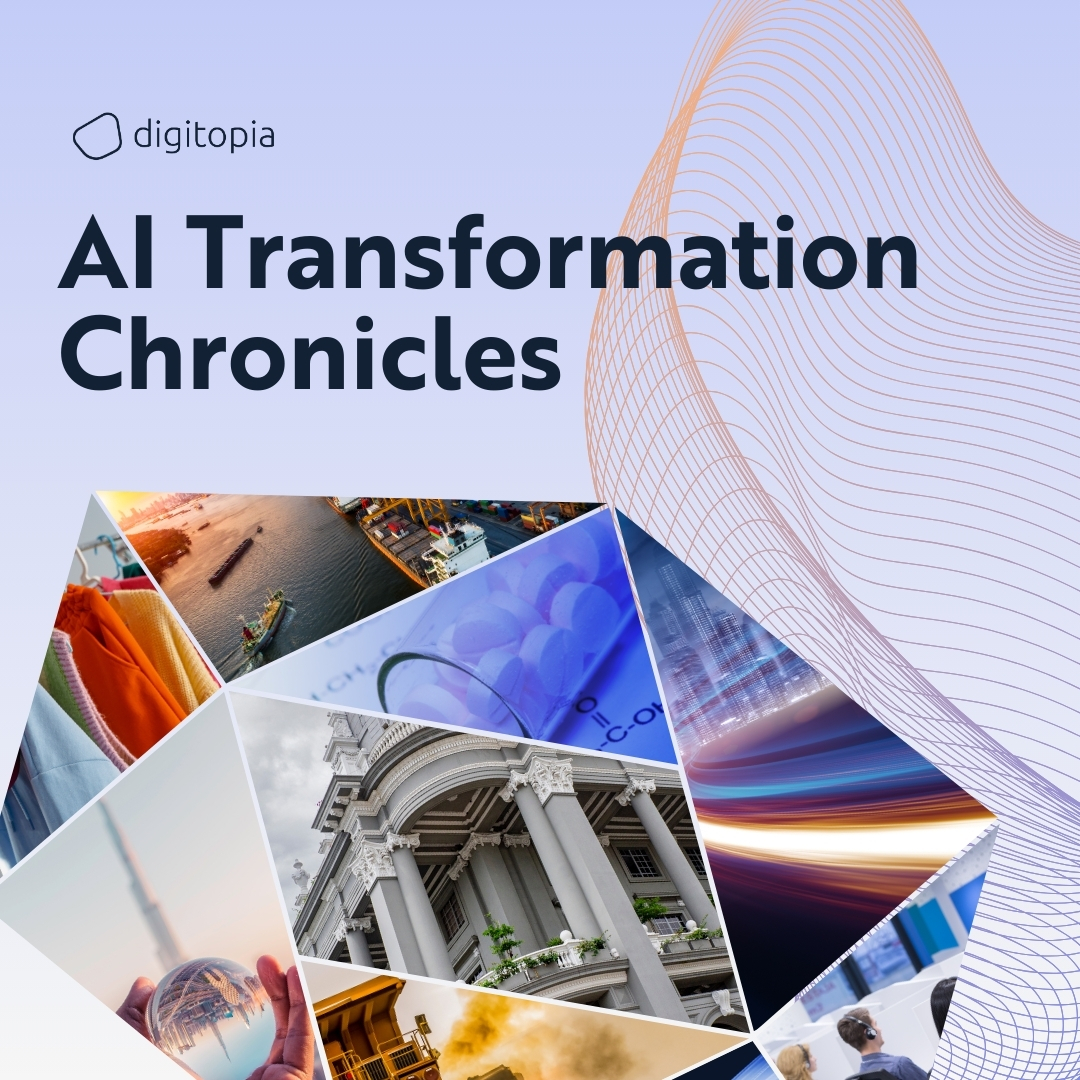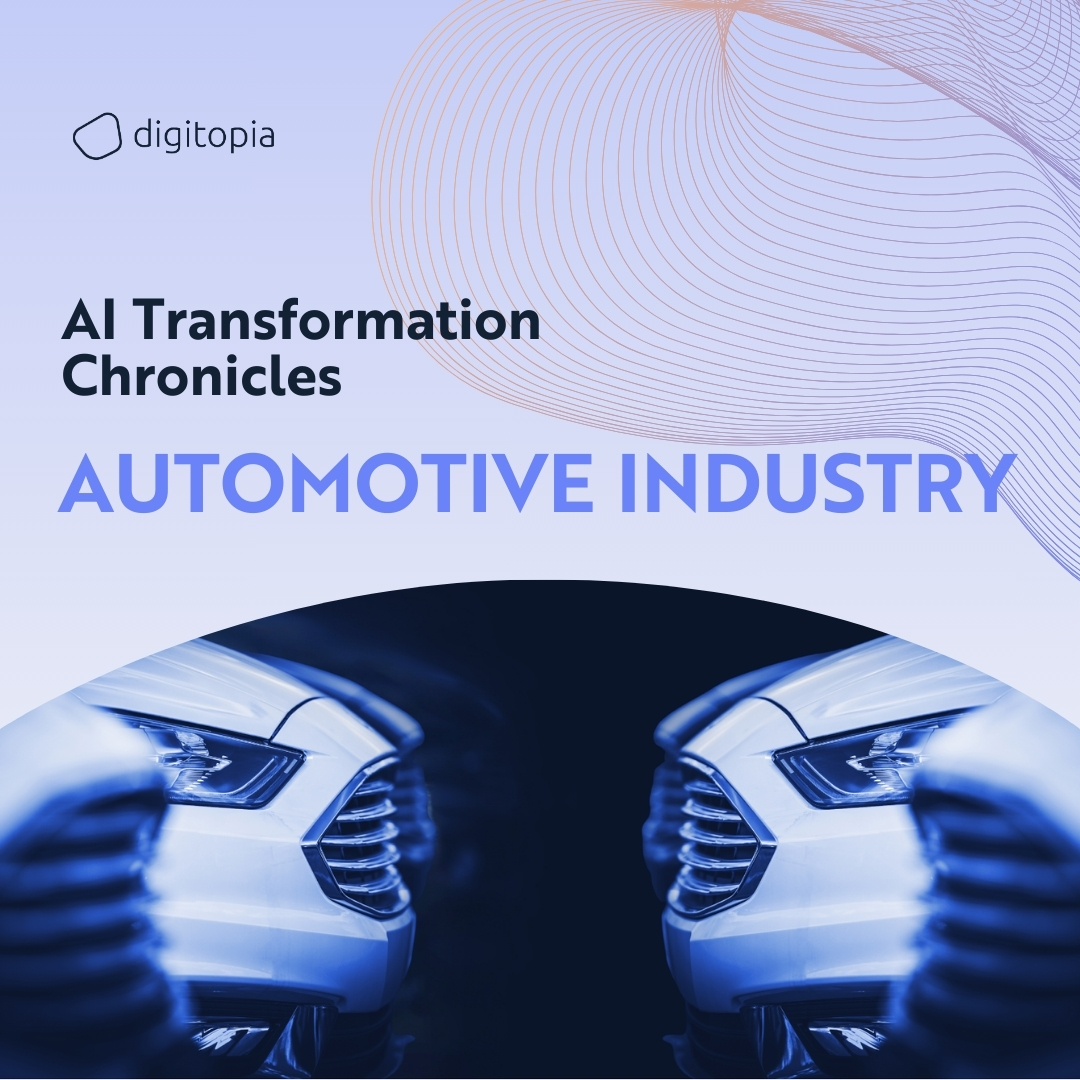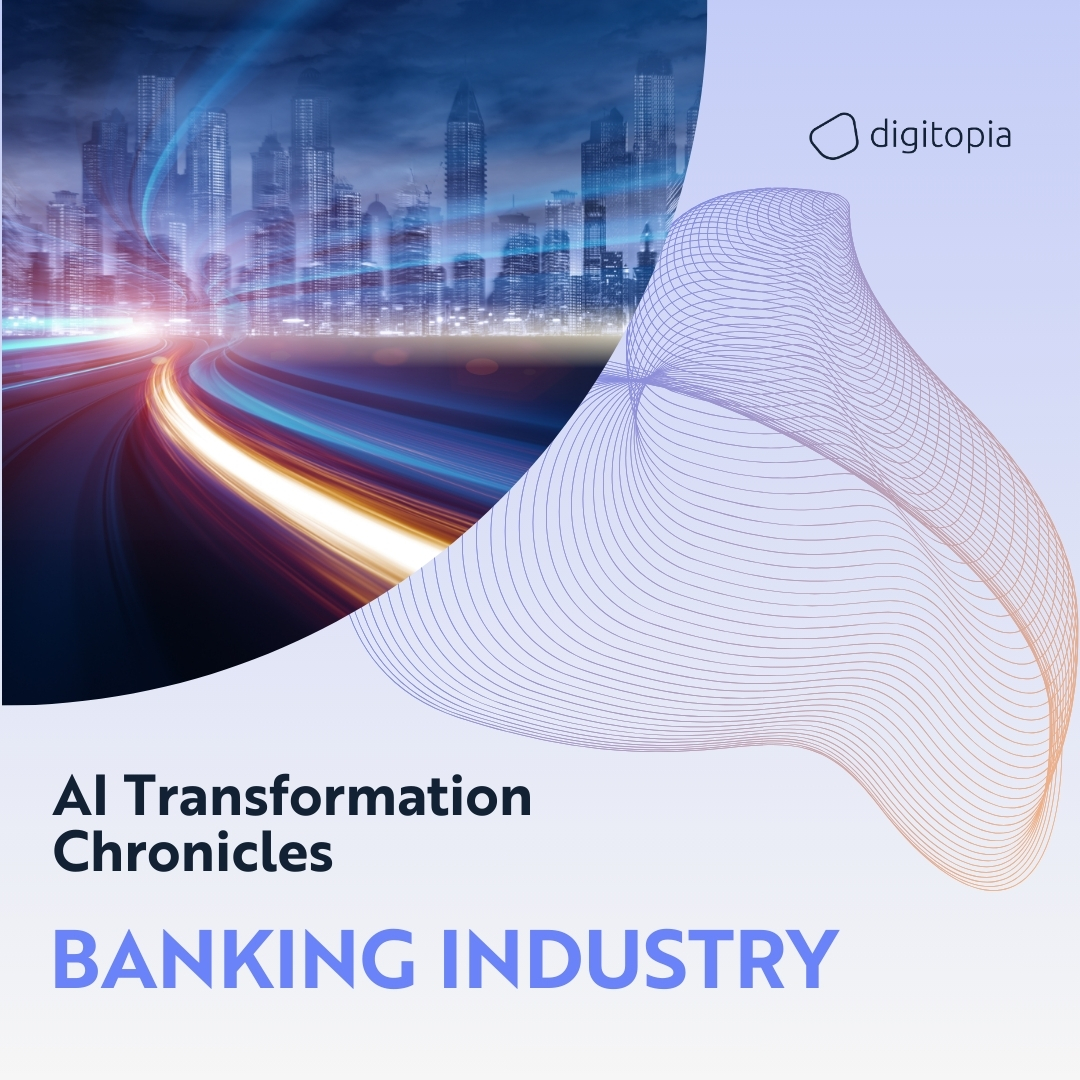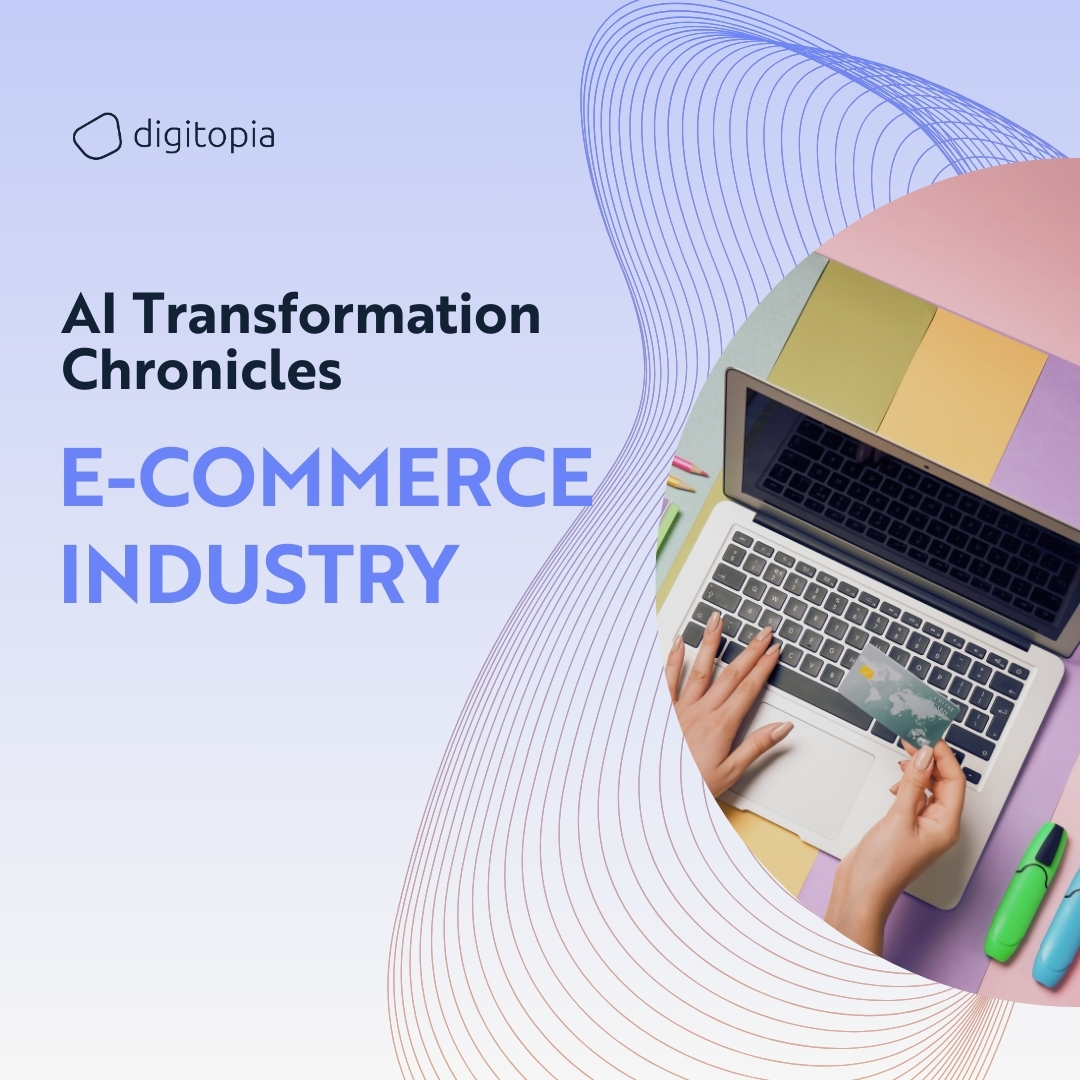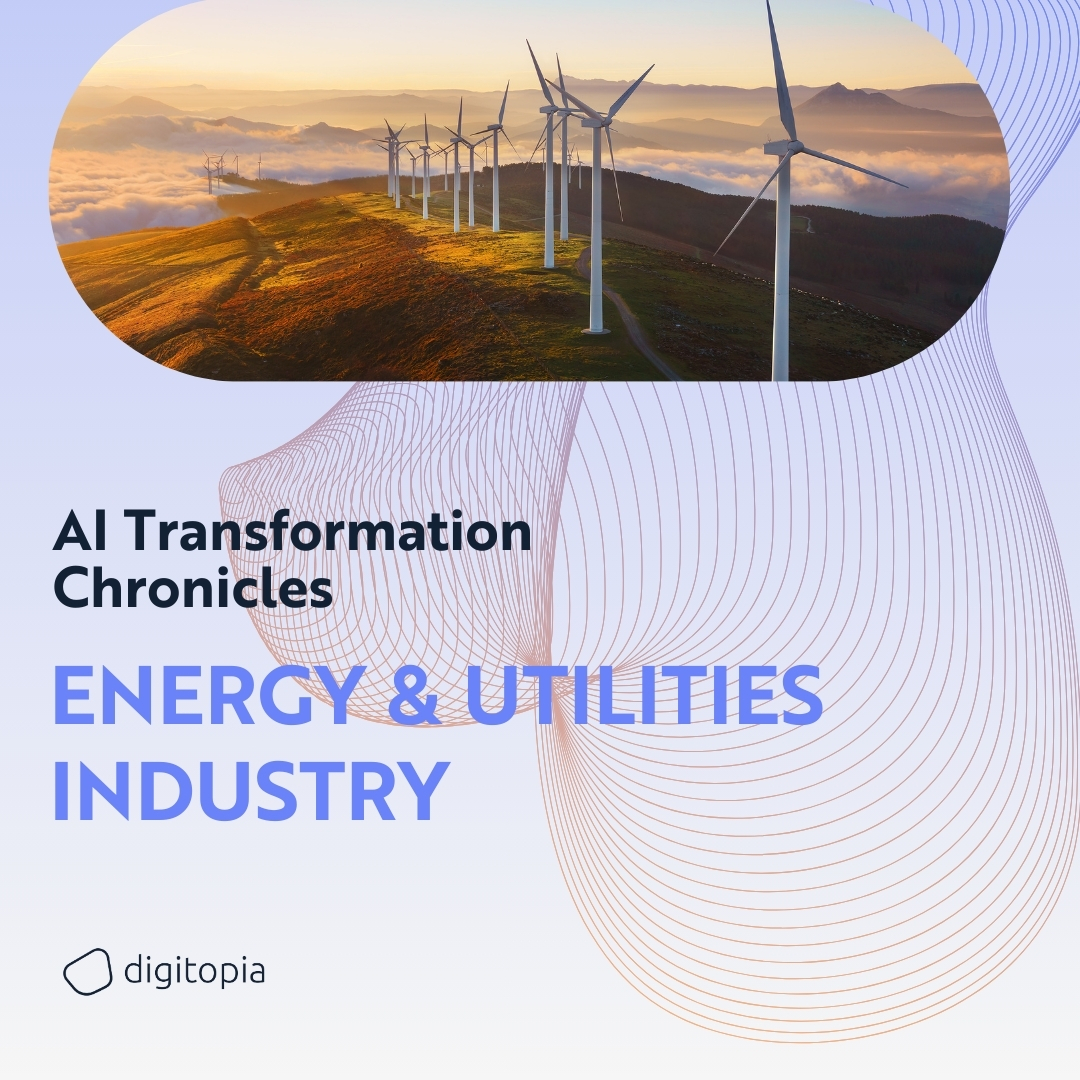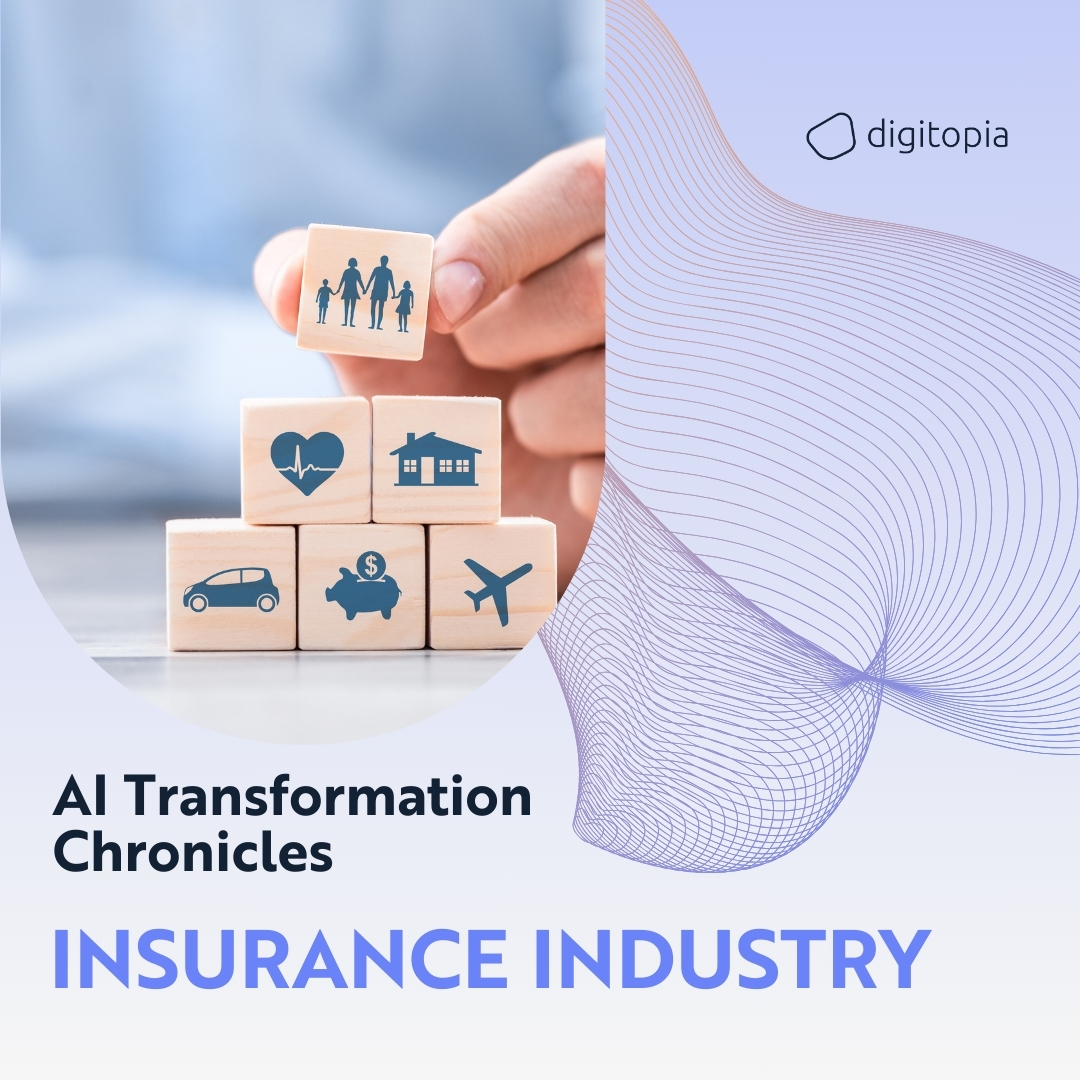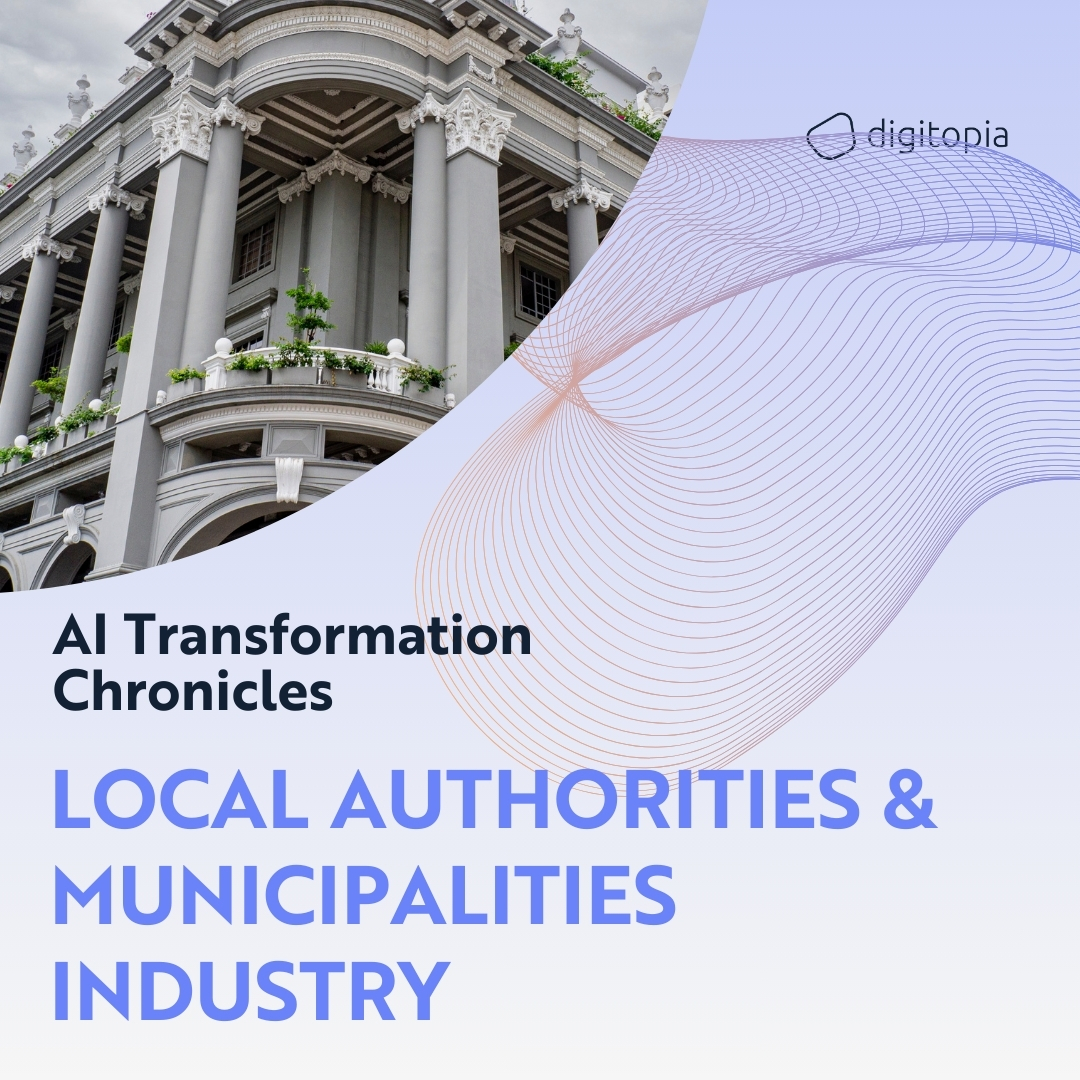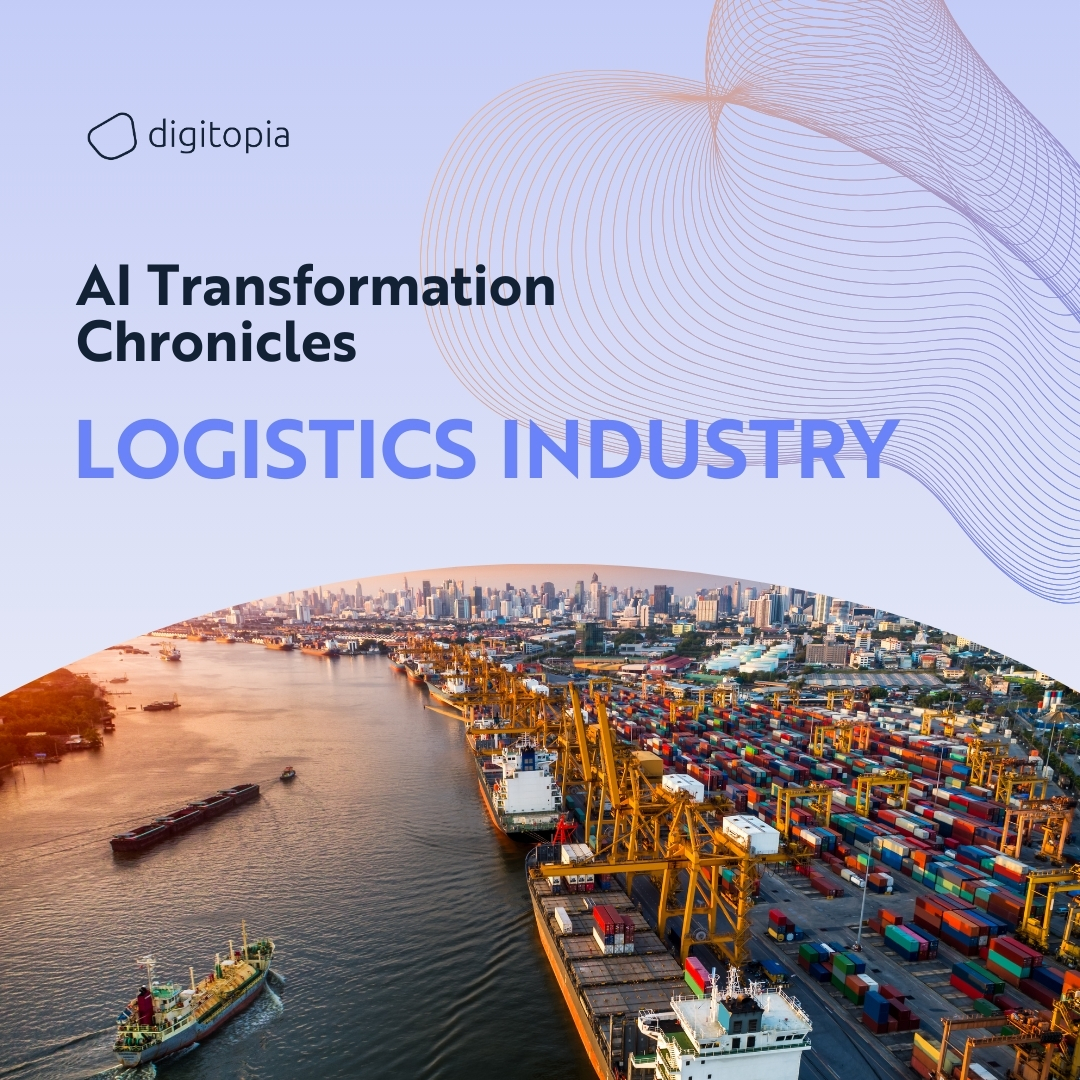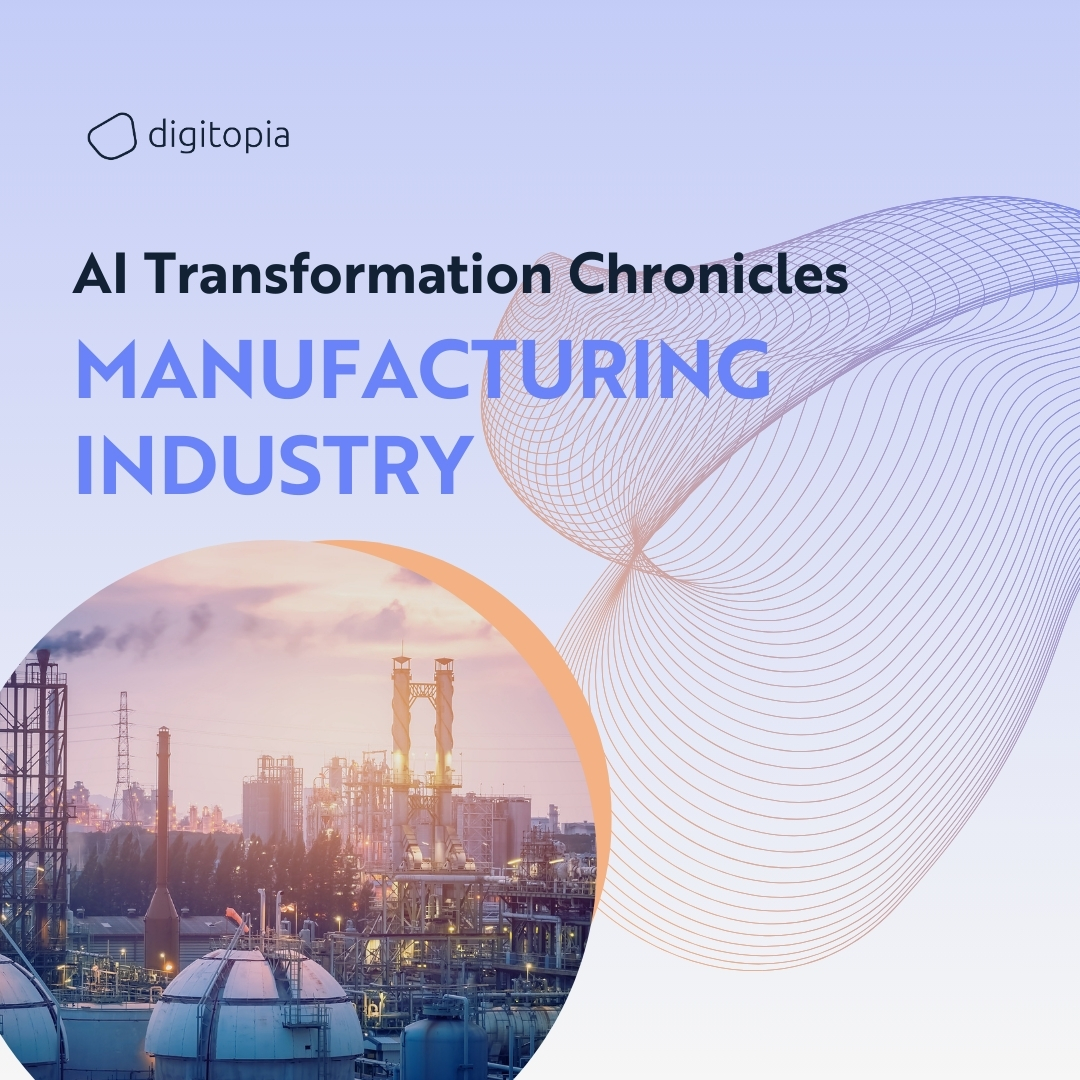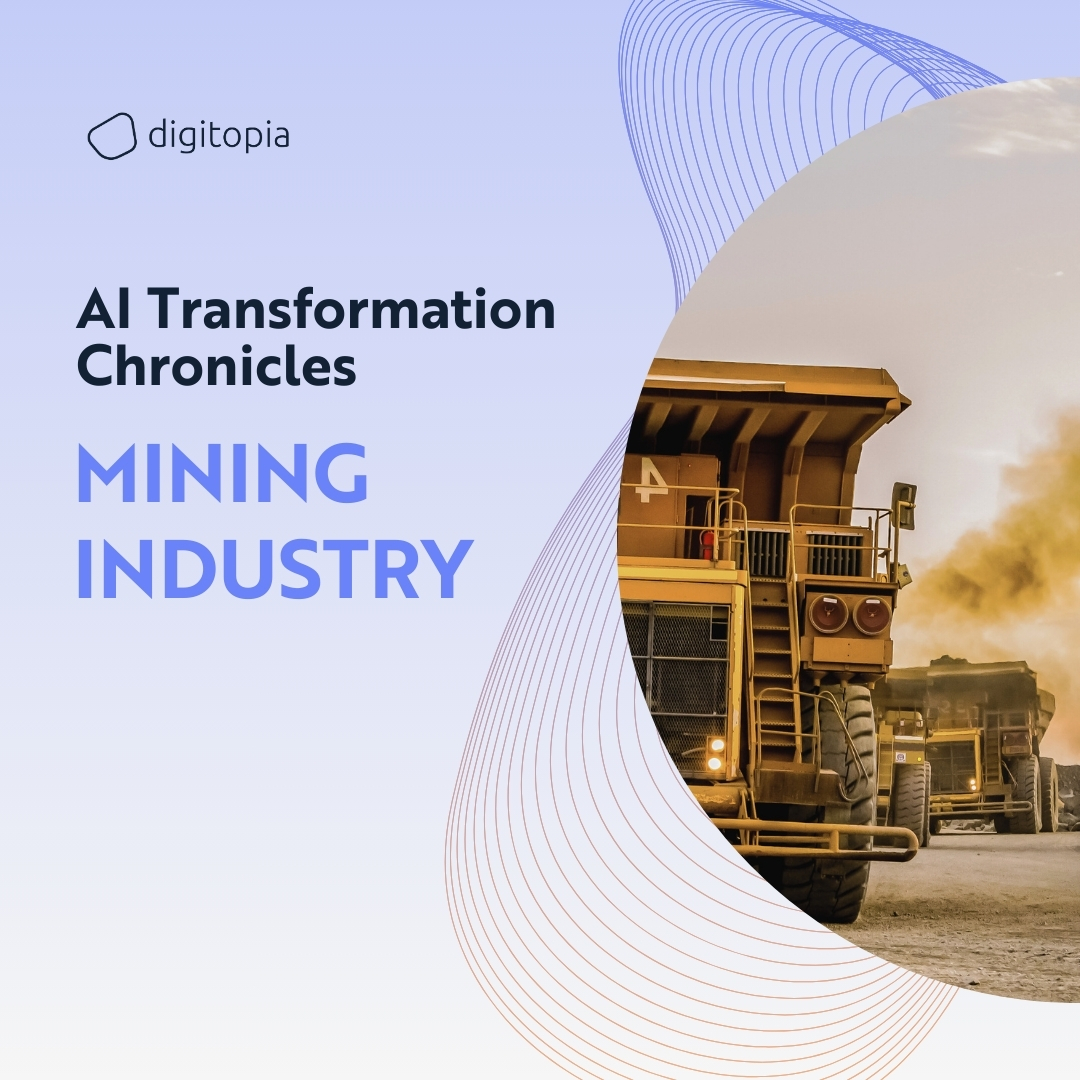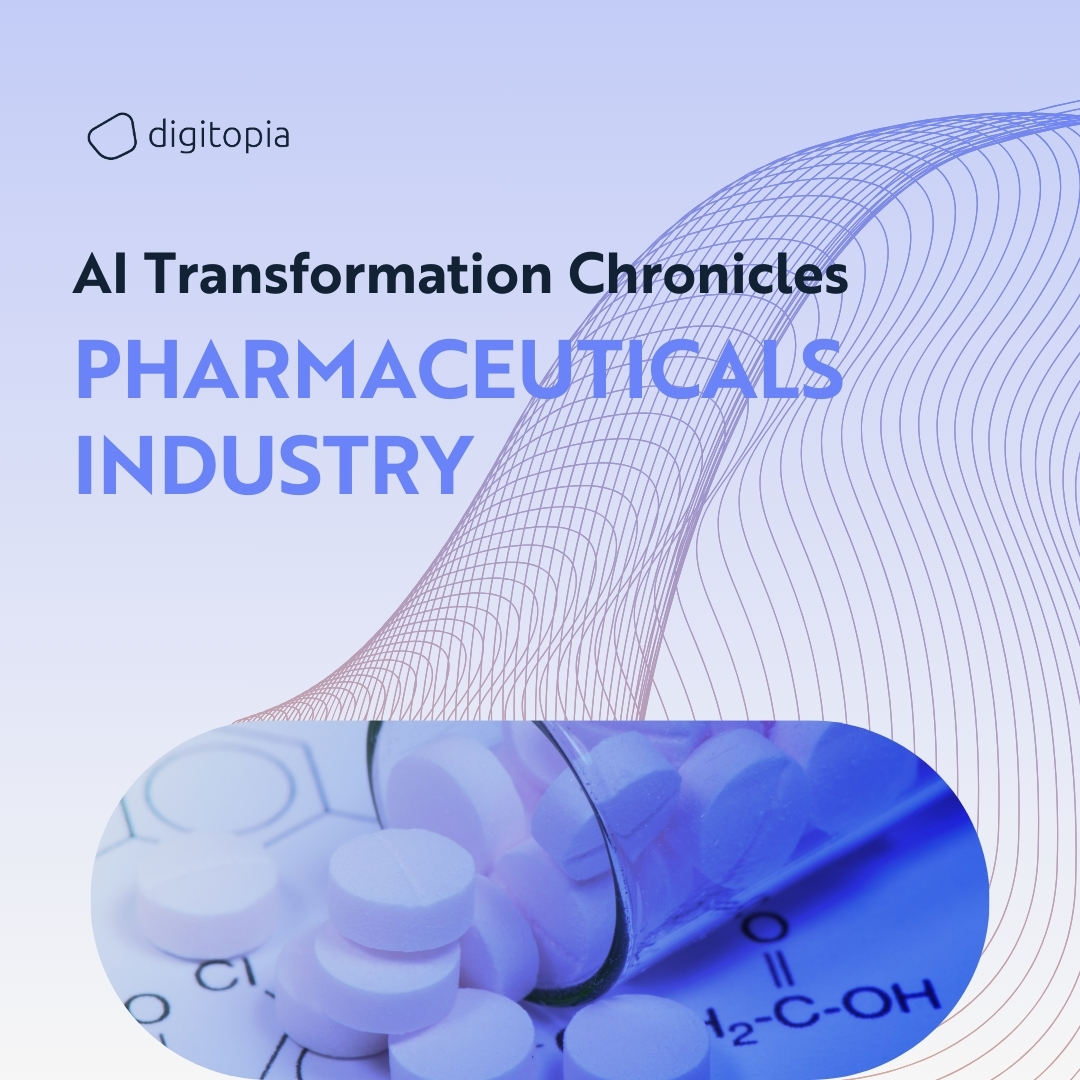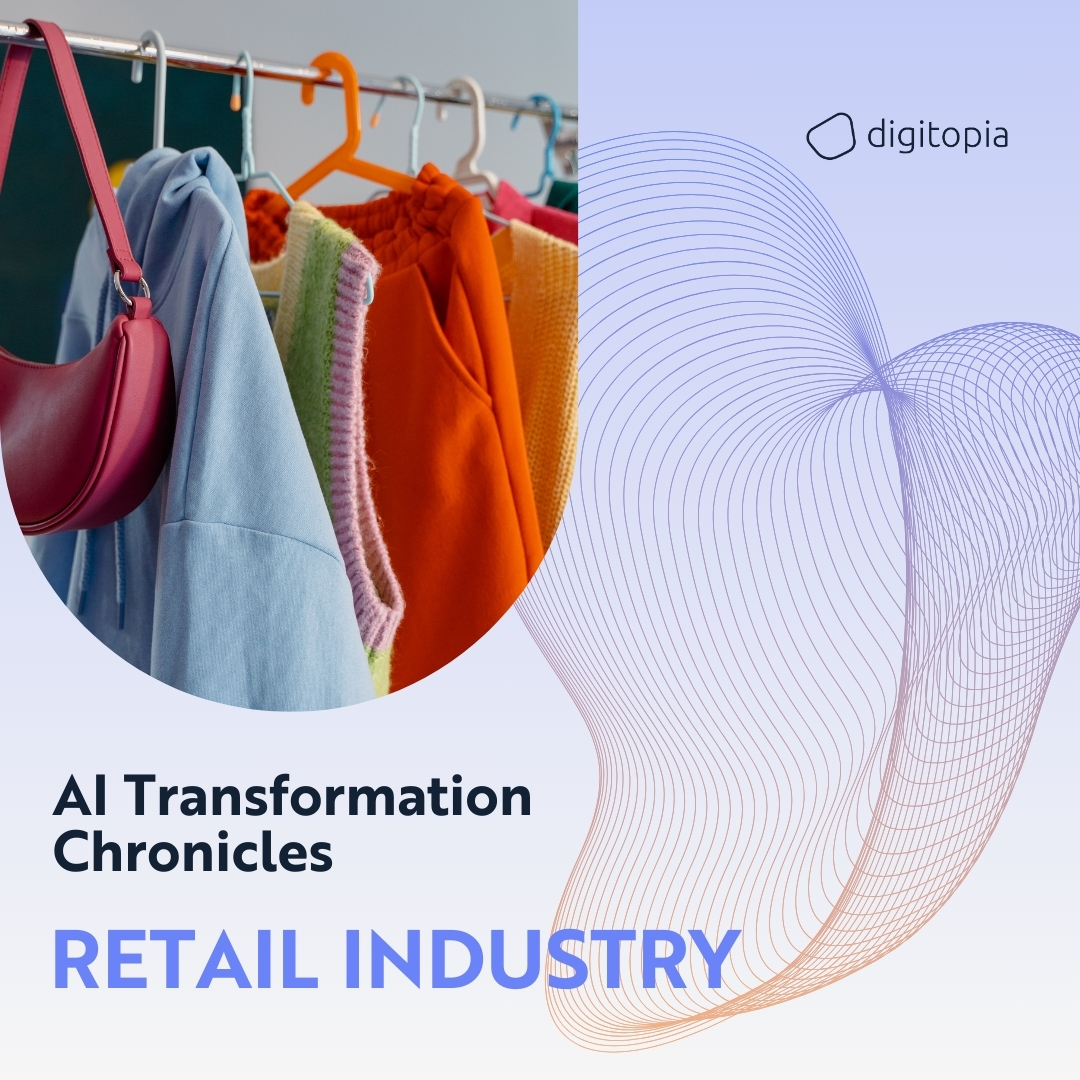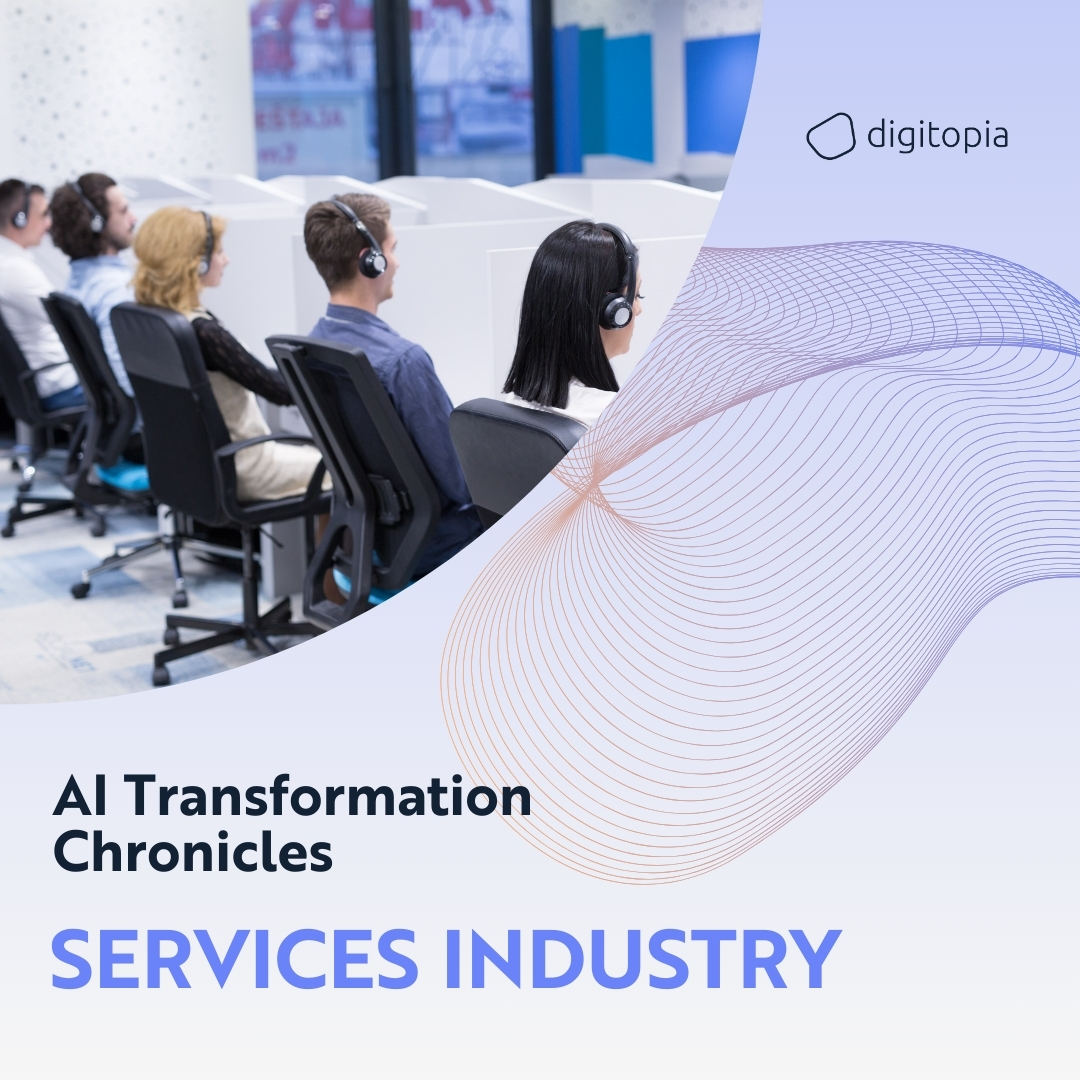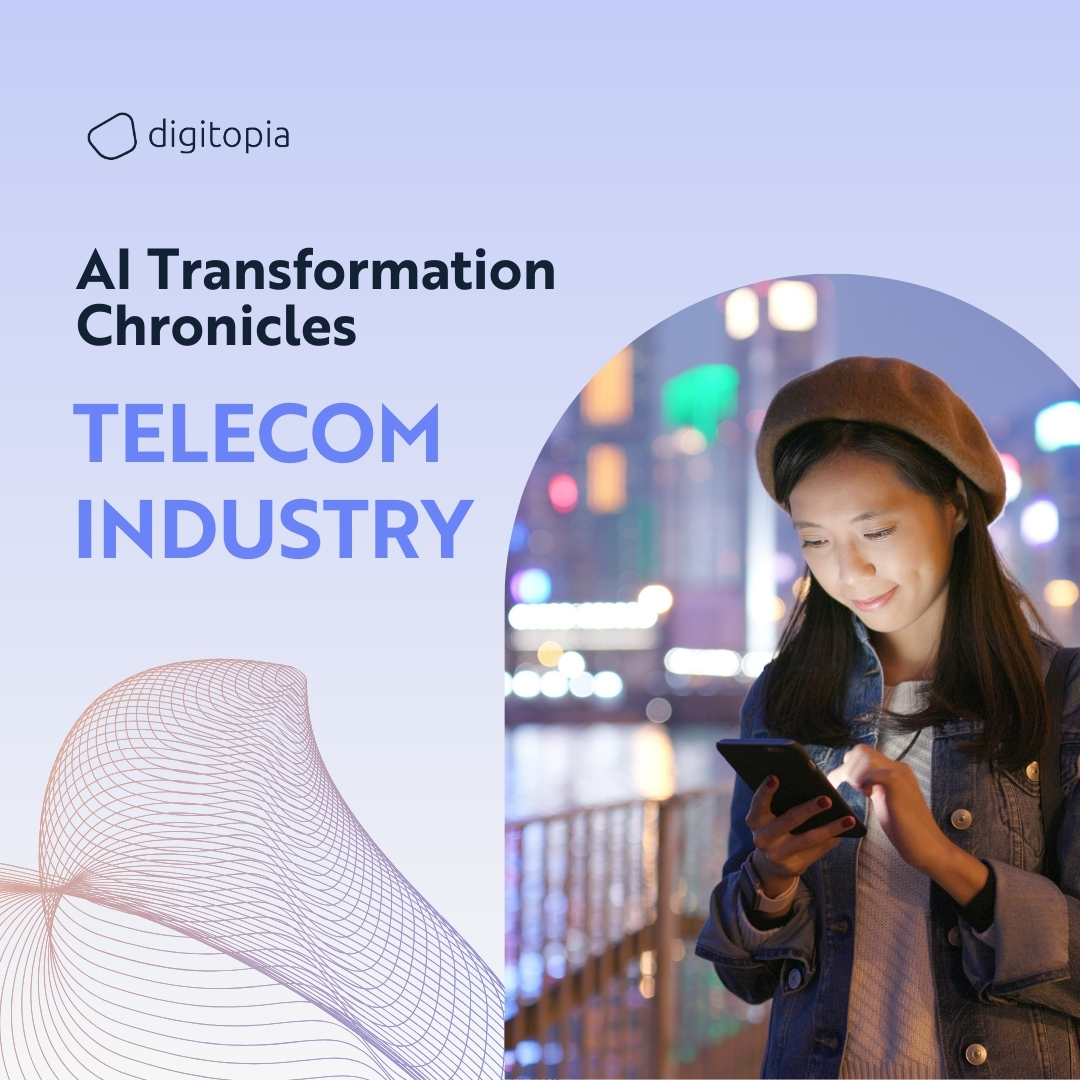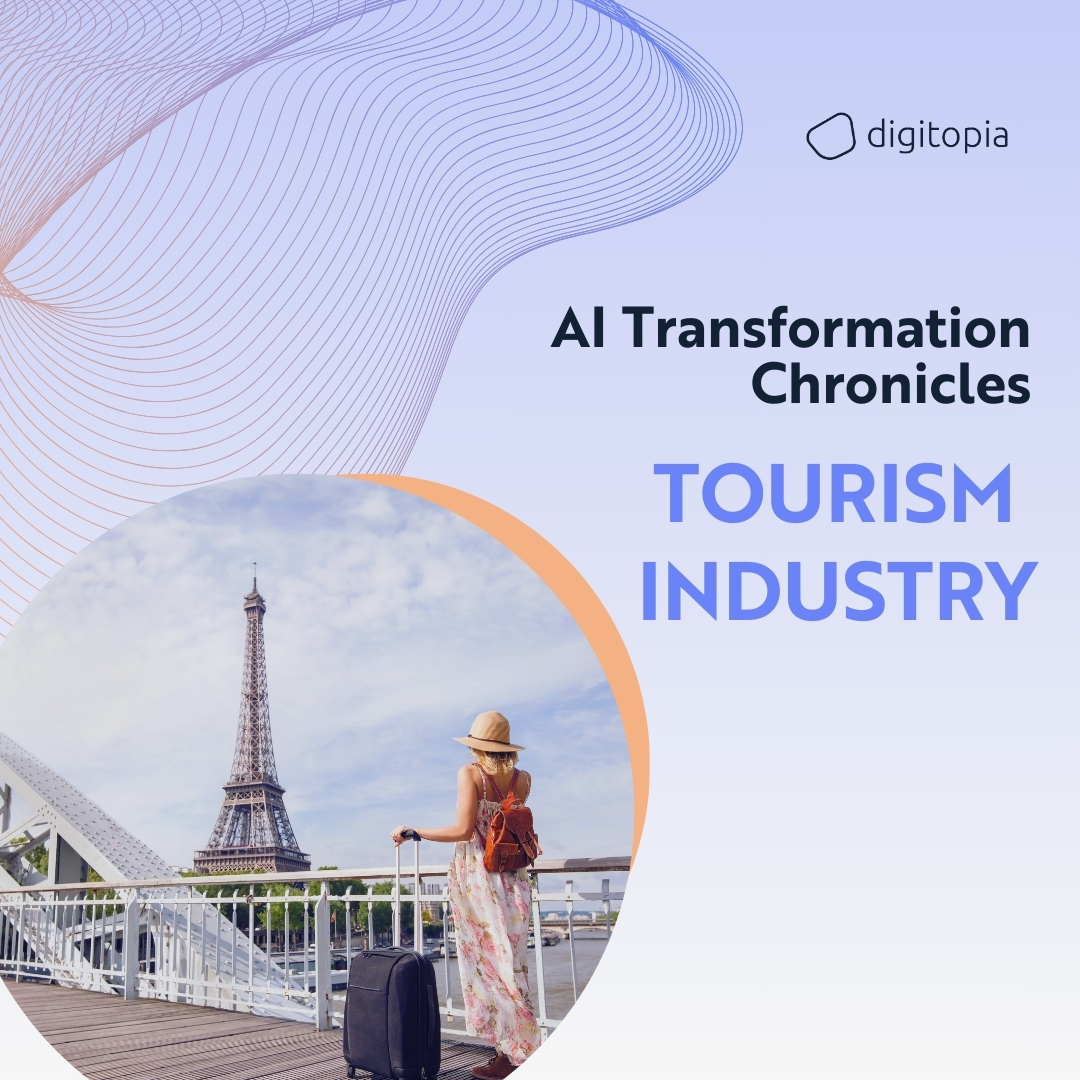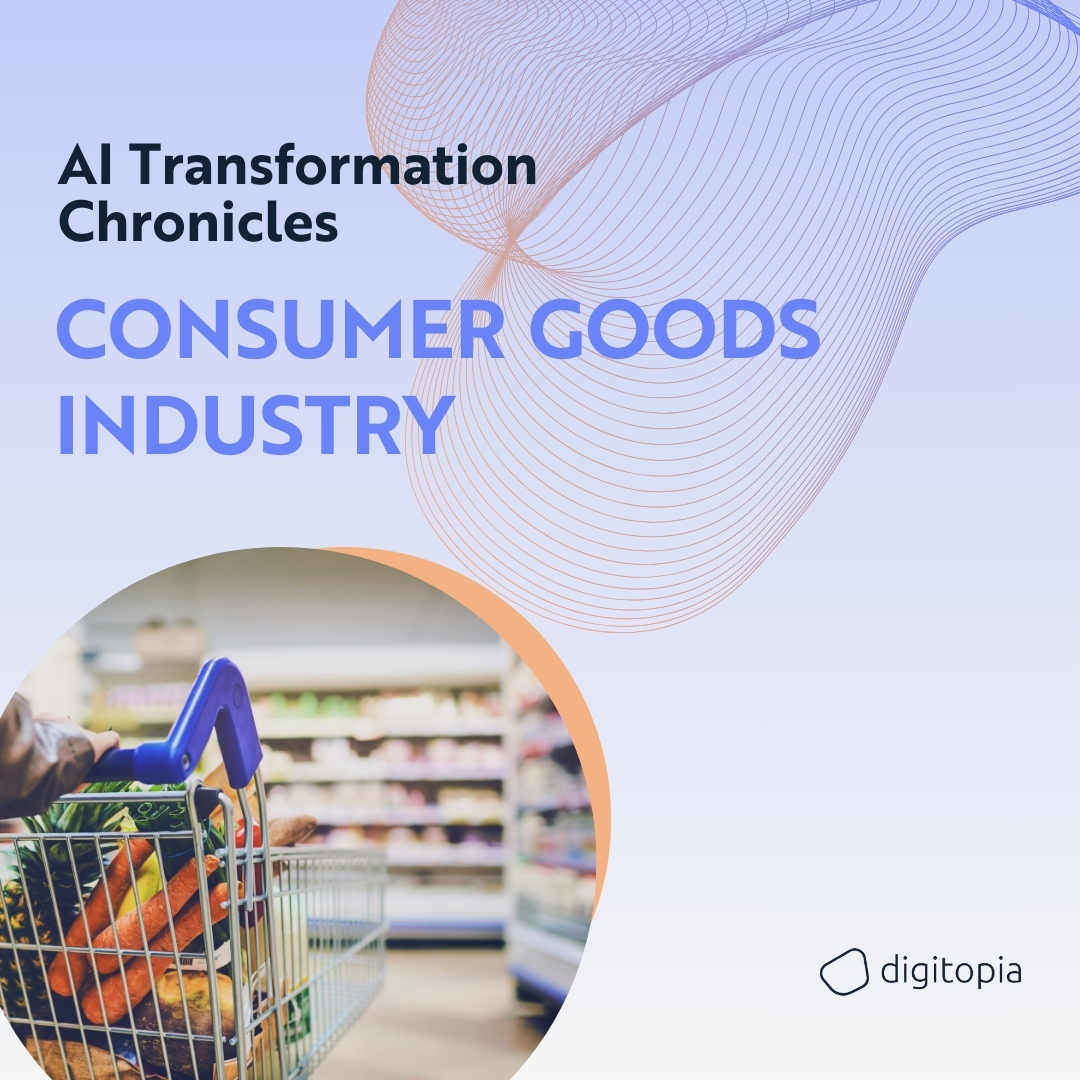
The consumer goods industry is embracing Artificial Intelligence (AI) to drive significant advancements in operational efficiency, customer experience, and innovation. By leveraging AI technologies, companies in this sector can streamline operations, enhance customer interactions, and develop innovative products and services. Discover how AI in consumer goods industry is transforming operations, elevating customer experiences, and driving innovation across key areas for lasting impact.
The Promise of AI in the Consumer Goods Industry
AI offers transformative potential for the consumer goods industry, enabling companies to optimize processes, personalize customer interactions, and drive innovation. By integrating AI into various aspects of their operations, consumer goods companies can enhance efficiency, improve customer satisfaction, and stay ahead in a competitive market. Embracing AI is essential for companies aiming to lead in an era of digital transformation and rapidly evolving consumer expectations.
Learn More: Top 10 Secrets to Succeeding with AI
Our comprehensive ebook provides actionable insights, real-world case studies, and proven strategies to help you integrate AI into your operations and drive growth.
Download Now
Key Use Cases in Operational Excellence
AI is revolutionizing operational excellence in the consumer goods industry by streamlining processes, enhancing efficiency, and reducing costs. By leveraging AI-driven solutions, companies can optimize their supply chains, predict maintenance needs, manage inventory more effectively, and accurately forecast demand. These advancements not only improve productivity but also ensure timely delivery of products and better resource allocation. This section explores the most impactful AI use cases in operational excellence, demonstrating how these technologies are transforming the backbone of consumer goods operations.
- Supply Chain Optimization: AI analyzes data from across the supply chain to predict demand, optimize inventory levels, and improve logistics efficiency, reducing costs and ensuring timely delivery.
- Predictive Maintenance: AI monitors equipment health in real-time, predicting failures before they occur and scheduling maintenance proactively to minimize downtime and maintenance costs.
- Inventory Management: AI-driven systems optimize inventory management by analyzing sales data, market trends, and other factors to ensure the right products are available at the right time.
- Demand Forecasting: AI algorithms predict customer demand with high accuracy, enabling better planning and resource allocation, and reducing excess inventory.
- Production Planning: AI optimizes production schedules based on demand forecasts, resource availability, and production constraints, enhancing overall efficiency and reducing lead times.
Key Use Cases in Customer Experience
AI is revolutionizing operational excellence in the consumer goods industry by streamlining processes, enhancing efficiency, and reducing costs. By leveraging AI-driven solutions, companies can optimize their supply chains, predict maintenance needs, manage inventory more effectively, and accurately forecast demand. These advancements not only improve productivity but also ensure timely delivery of products and better resource allocation. This section explores the most impactful AI use cases in operational excellence, demonstrating how these technologies are transforming the backbone of consumer goods operations.
- Personalized Recommendations: AI analyzes customer data to offer personalized product recommendations, enhancing the shopping experience and increasing sales.
- Chatbots and Virtual Assistants: AI-driven chatbots provide instant customer support, handle inquiries, and guide customers through their shopping journey, improving service efficiency and satisfaction.
- Customer Sentiment Analysis: AI analyzes customer feedback from various channels to gauge sentiment and identify areas for improvement, helping companies enhance their products and services.
- Dynamic Pricing: AI adjusts pricing in real-time based on market conditions, demand, and customer behavior, optimizing sales and profitability.
- Predictive Customer Insights: AI analyzes customer behavior and preferences to predict future purchasing patterns, enabling companies to tailor their marketing strategies and improve customer retention.
Key Use Cases in Innovation
AI is driving a new era of innovation in the consumer goods industry, enabling companies to develop groundbreaking products, services, and business models. By harnessing AI technologies, companies can accelerate product development, create personalized services, and explore new revenue streams. AI-driven insights facilitate the creation of smart product features, enhance service offerings, and support sustainability initiatives. This section delves into the most transformative AI use cases in innovation, showcasing how these technologies are enabling consumer goods companies to stay ahead of market trends and deliver exceptional value to their customers.
- Product Development: AI accelerates product development by analyzing market trends, customer feedback, and performance data, enabling companies to create innovative products that meet consumer needs.
- Service Innovation: AI-driven insights help companies develop new service offerings that enhance the customer experience and add value to their products.
- Business Model Innovation: AI enables companies to explore new business models and revenue streams, such as subscription services and direct-to-consumer sales, enhancing overall business agility and growth potential.
- Smart Product Features: AI integrates into products themselves, offering features like voice assistants, personalized content, and smart home integration, adding value and differentiating products in the market.
- Sustainability Initiatives: AI supports sustainability efforts by optimizing resource use, reducing waste, and ensuring compliance with environmental regulations, helping companies achieve their sustainability goals.
Powerful Success Stories in AI-Driven Consumer Goods
The AI revolution in the consumer goods industry is already underway, with leading companies demonstrating the transformative power of artificial intelligence. These success stories illustrate the significant benefits of AI adoption, from enhanced operational efficiency to improved customer experiences and innovative product offerings.

Unilever – Supply Chain Optimization
Challenge: Unilever, a global consumer goods company, faced challenges in optimizing its complex supply chain to ensure timely delivery and reduce costs.
Solution: Unilever implemented an AI-driven supply chain optimization system that analyzes data from across the supply chain, predicting demand and optimizing inventory levels and logistics.
Benefits: The AI-driven supply chain optimization system significantly improved Unilever’s operational efficiency, reducing costs and ensuring timely delivery of products. The company enhanced its ability to meet customer demand and maintain high service levels, reinforcing its position as a leader in the consumer goods industry.

Sephora – Personalized Recommendations
Challenge: Sephora, a leading beauty retailer, aimed to enhance the customer experience by offering personalized product recommendations based on individual preferences and behavior.
Solution: Sephora implemented an AI-driven recommendation system that analyzes customer data, including purchase history, browsing behavior, and product reviews, to provide tailored product recommendations.
Benefits: The AI-driven recommendation system significantly enhanced the shopping experience at Sephora, increasing customer satisfaction and sales. Customers received personalized product suggestions that matched their preferences, leading to higher engagement and loyalty.

Nike – Product Development
Challenge: Nike, a global leader in athletic apparel and footwear, needed to accelerate its product development process to keep pace with changing market trends and consumer preferences.
Solution: Nike implemented AI-driven analytics to analyze market trends, customer feedback, and performance data. The AI system provided insights that guided the design and development of innovative products tailored to consumer needs.
Benefits: The AI-driven product development approach enabled Nike to bring innovative products to market faster, meeting consumer demands more effectively. The company enhanced its ability to anticipate market trends and stay ahead of competitors, reinforcing its position as a leader in the athletic apparel and footwear industry.
Key Recommendations for Successful AI Transformation in Consumer Goods
Successfully transforming the consumer goods industry with AI requires a strategic approach, strong leadership, and a commitment to continuous improvement. Companies must invest in robust data infrastructure, develop specialized AI expertise, and foster a culture of innovation and collaboration. By aligning AI initiatives with business goals, leveraging ecosystem partnerships, and continuously measuring progress, consumer goods companies can unlock AI’s full potential. These key recommendations provide a roadmap for driving efficiency, enhancing customer experiences, and spurring innovation, ensuring long-term success in a competitive market.
- Invest in Data Infrastructure: Develop a robust data infrastructure to collect, integrate, and analyze diverse datasets from various sources across the consumer goods value chain. Ensure data quality, security, and accessibility to drive effective AI implementation.
- Develop AI Expertise: Prioritize talent acquisition and development by investing in comprehensive training programs and forming partnerships with educational institutions. Foster a culture of continuous learning and innovation to build a skilled workforce capable of leveraging AI technologies.
- Foster Collaborative Leadership: Leadership teams must champion AI transformation by articulating a clear vision and strategy for AI adoption. Encourage collaboration across departments and functions to ensure alignment and drive AI initiatives forward.
- Leverage Ecosystem Partnerships: Build an ecosystem of partners, including technology providers, academic institutions, and industry consortia, to accelerate AI adoption and innovation. Collaborate with partners for knowledge sharing and access to advanced tools and platforms.
- Align AI Initiatives with Business Goals: Identify and prioritize AI projects that align with strategic business objectives and deliver measurable value. Focus on high-impact use cases that build momentum for broader AI adoption.
- Implement Continuous Measurement and Improvement: Use tools like Digitopia’s AI Maturity Index to continuously assess and benchmark AI capabilities. Regularly review progress, adjust strategies, and ensure AI initiatives deliver the expected value.
By embracing AI across operational excellence, customer experience, and innovation, consumer goods companies can drive significant advancements, enhance efficiency, and improve customer satisfaction. These advancements will position companies to lead in a dynamic and competitive market, ensuring long-term success and resilience.


